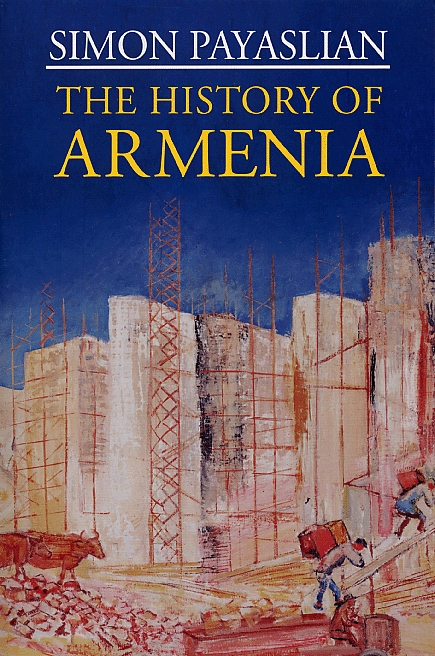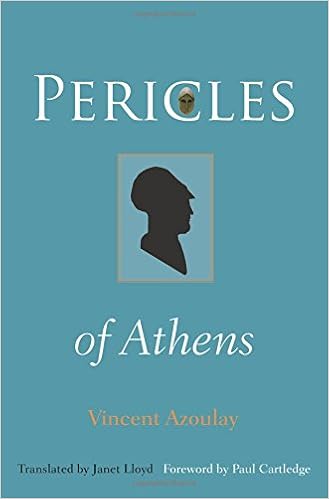First why I read this book. I was intrigued by its concept. Aliens or future humans had conquered some unknown habitable planet and are masquerading themselves as Gods from Indian Pantheon.
What was interesting is that these "Gods" were preventing indigenous people from industrialization in order to keep control. Then comes along a member of these supreme "Gods", known among other names, as Buddha, who decides that indigenous people deserve to have free choice in their destiny.
So, basically the whole novel is about how beings (avatars of Buddha, Trimurti, local "demons") with supernatural powers fight with each other.
However, while the concept was interesting and seemed as an attempt of sci-fi translation of known sectarian fights for domination taken from history (Hinduism, Buddhism, Christianity), the novel did not provide anything valuable besides revealing and describing those heavenly "fights". It felt as if reading meaningless stories.
posted by David Usharauli



